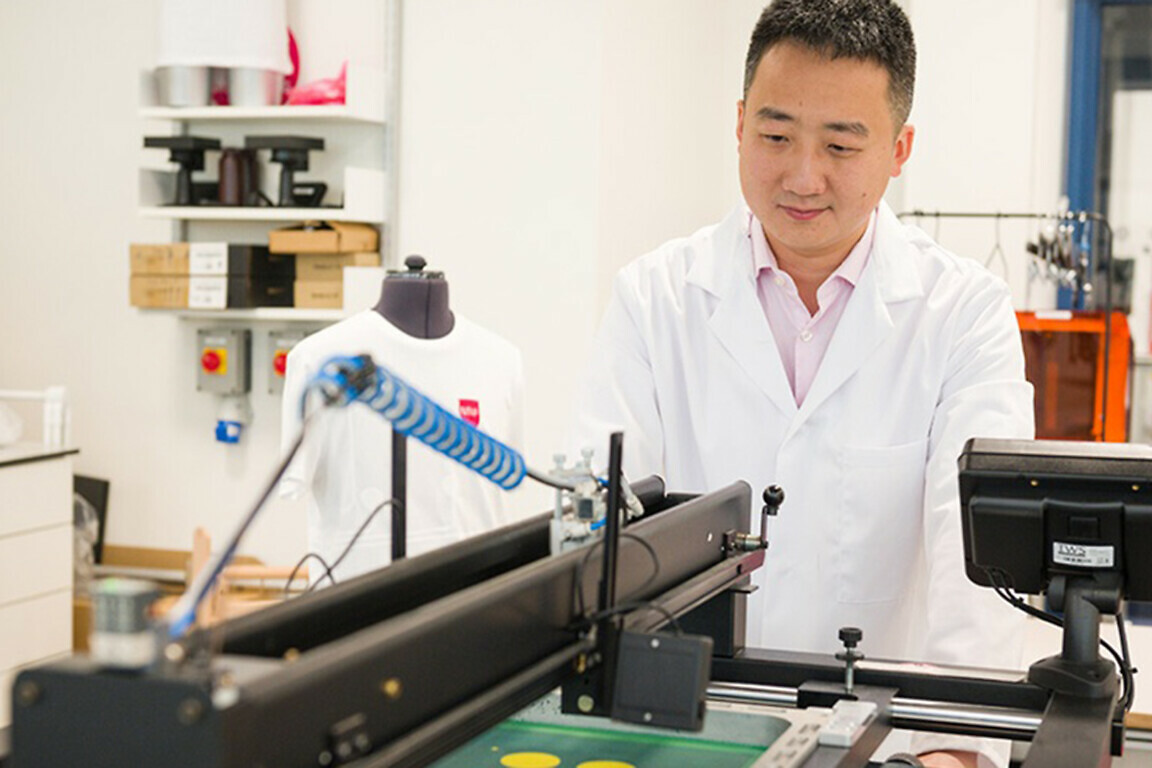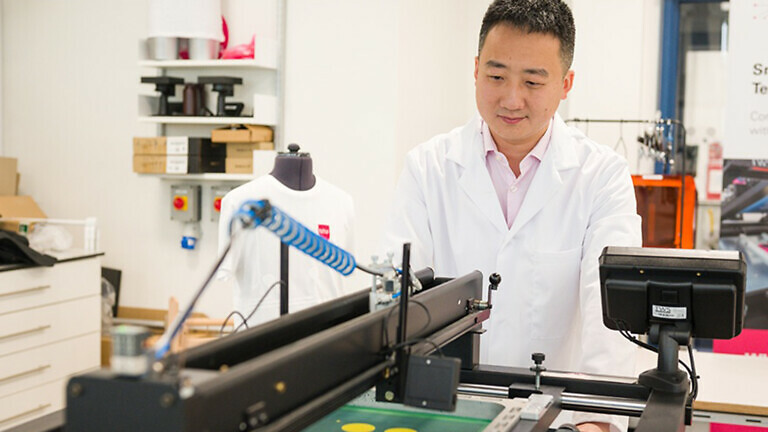Women with intellectual disabilities could receive added monitoring for breast cancer with the development of a smart textiles bra.
Researchers at Nottingham Trent University (NTU) and the University of Glasgow (UofG) have developed a smart textiles bra to help detect cancer in women with intellectual disabilities. The electronic textile, which would fit inside a bra and monitor whether a tumour is growing in real time, before alerting clinicians to potential risks.
Although women with intellectual disabilities have a lower incidence of breast cancer, they face significantly higher mortality rates due to barriers in accessing current screening methods.
Funded by Cancer Research UK, the technology uses a form of electrical current that can scan to spot subtle differences in body tissues. Because tumours tend to be denser and hold less water than healthy areas, the device can help differentiate them. The technology has the potential to detect growths as little as 5mm.
The device would record data and provide feedback via smartphone to the wearer, carers and clinicians so that assessments can be made.
The research team says there’s potential for the technology to be developed as part of a new bra altogether, as well as an insert.
“Breast cancer can develop over time, and while some types grow quickly, others may progress slowly, making early detection critical for improving survival outcomes,” said Yang Wei of the Nottingham School of Art & Design (NSA&D), one of the leaders of the research.
“This technology has the potential to save women’s lives by detecting tumours early, while being used as an added measure alongside all other normal checks and scans,” he added.
The research is being developed at NTU’s Medical Technologies Innovation Facility (MTIF) and the Scottish Learning Disabilities Observatory (SLDO) at UofG, with an investment of around £100,000 from Cancer Research UK.
The research is led by Wei and Deborah Cairns, director of SLDO in Glasgow.



